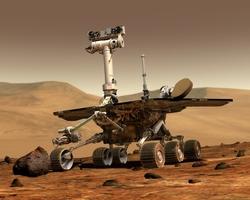Sat, Apr 20, 2024
Advertisement
More News
 ANN's Daily Aero-Term (12.14.25): Local Airport Advisory (LAA)
ANN's Daily Aero-Term (12.14.25): Local Airport Advisory (LAA)
Local Airport Advisory (LAA) A service available only in Alaska and provided by facilities that are located on the landing airport, have a discrete ground-to-air communication freq>[...]
 Airborne 12.08.25: Samaritans Purse Hijack, FAA Med Relief, China Rocket Fail
Airborne 12.08.25: Samaritans Purse Hijack, FAA Med Relief, China Rocket Fail
Also: Cosmonaut Kicked Out, Airbus Scales Back, AF Silver Star, Russian A-60 Clobbered A Samaritan’s Purse humanitarian flight was hijacked on Tuesday, December 2, while atte>[...]
 ANN's Daily Aero-Linx (12.15.25)
ANN's Daily Aero-Linx (12.15.25)
Aero Linx: Michigan Helicopter Association (MHA) The Michigan Helicopter Association (MHA) exists to bring together people who share an interest in helicopters, including private, >[...]
 Airborne 12.10.25: New Gulfstream, ATC Integrator, Outrageous FFZ User Fees
Airborne 12.10.25: New Gulfstream, ATC Integrator, Outrageous FFZ User Fees
Also: Airbus Acquisition, USCG Helo Sniper, Remember Pearl Harbor, New Thunderbird 1 Gulfstream’s newest addition to its next-gen lineup, the super-midsize G300, is officiall>[...]
 Airborne-NextGen 12.09.25: Amazon Crash, China Rocket Accident, UAV Black Hawk
Airborne-NextGen 12.09.25: Amazon Crash, China Rocket Accident, UAV Black Hawk
Also: Electra Goes Military, Miami Air Taxi, Hypersonics Lab, MagniX HeliStrom Amazon’s Prime Air drones are back in the spotlight after one of its newest MK30 delivery drone>[...]
blog comments powered by Disqus





